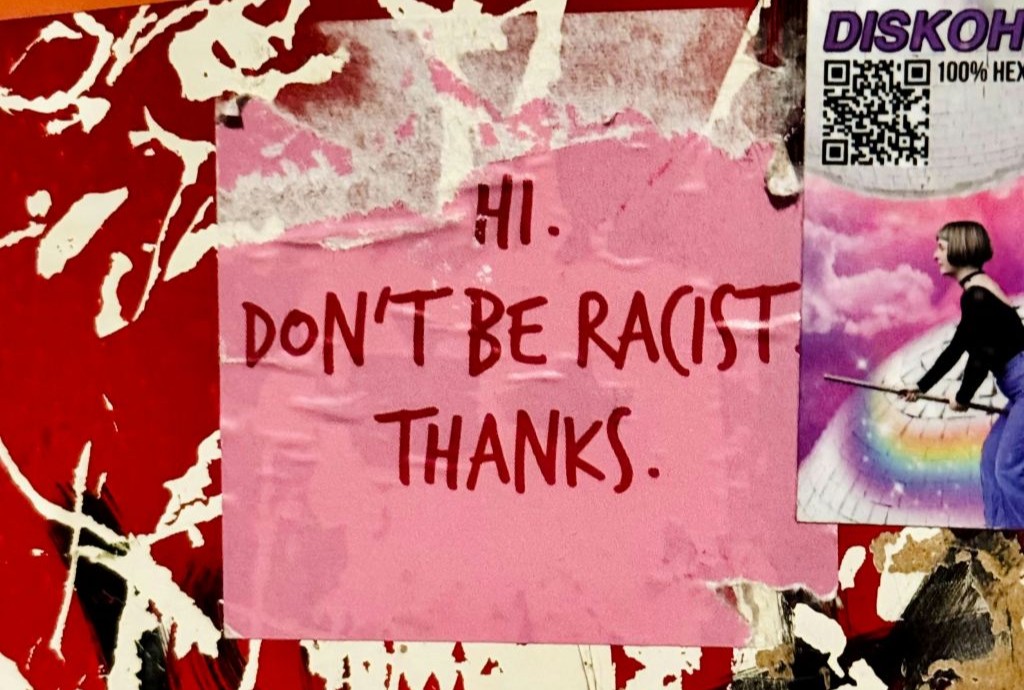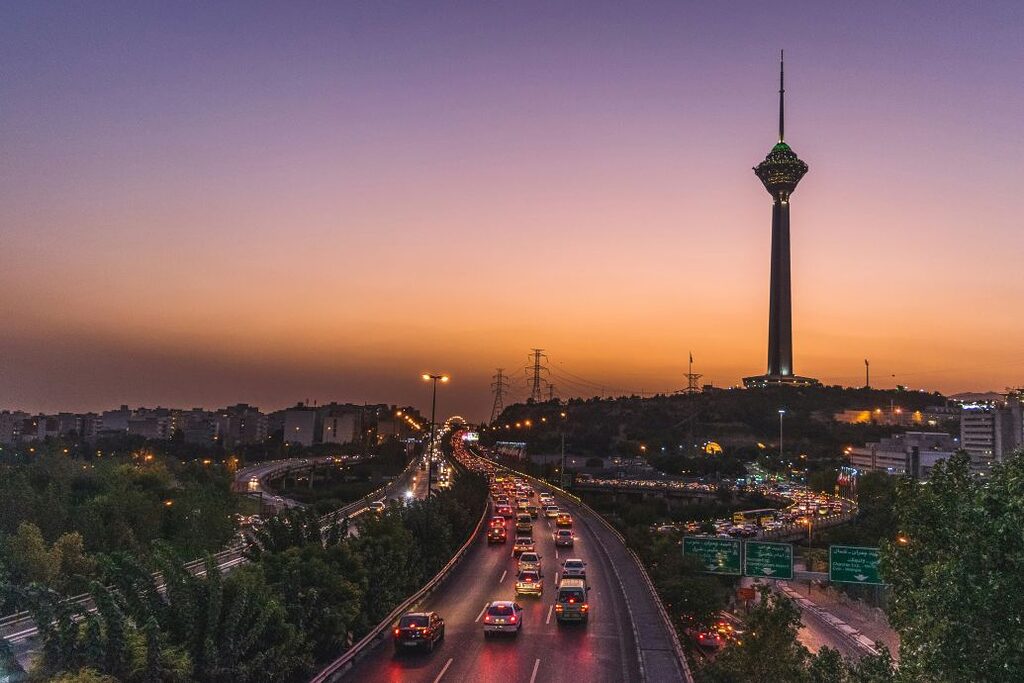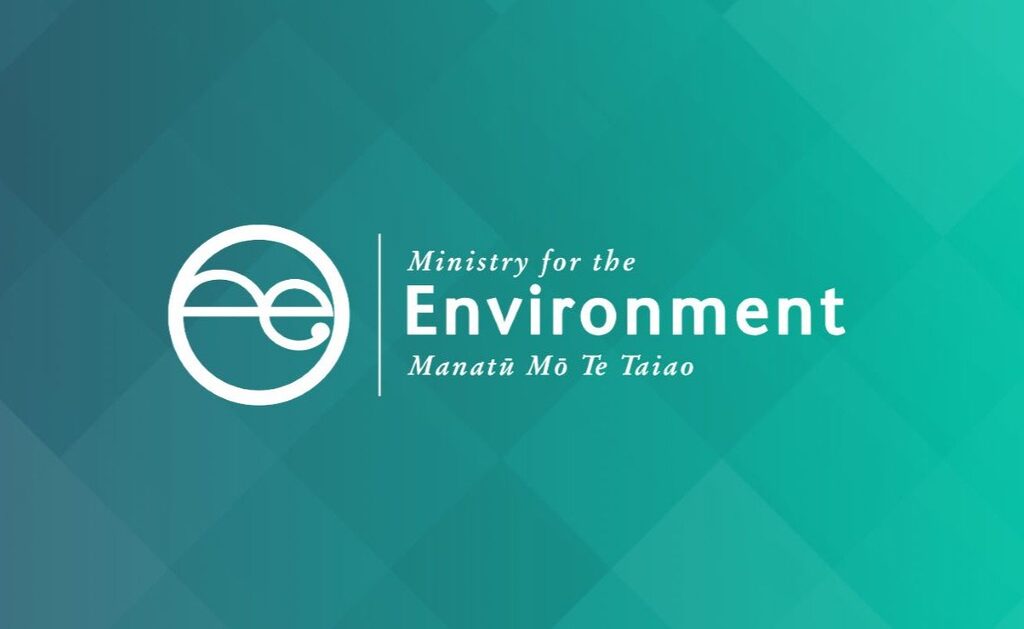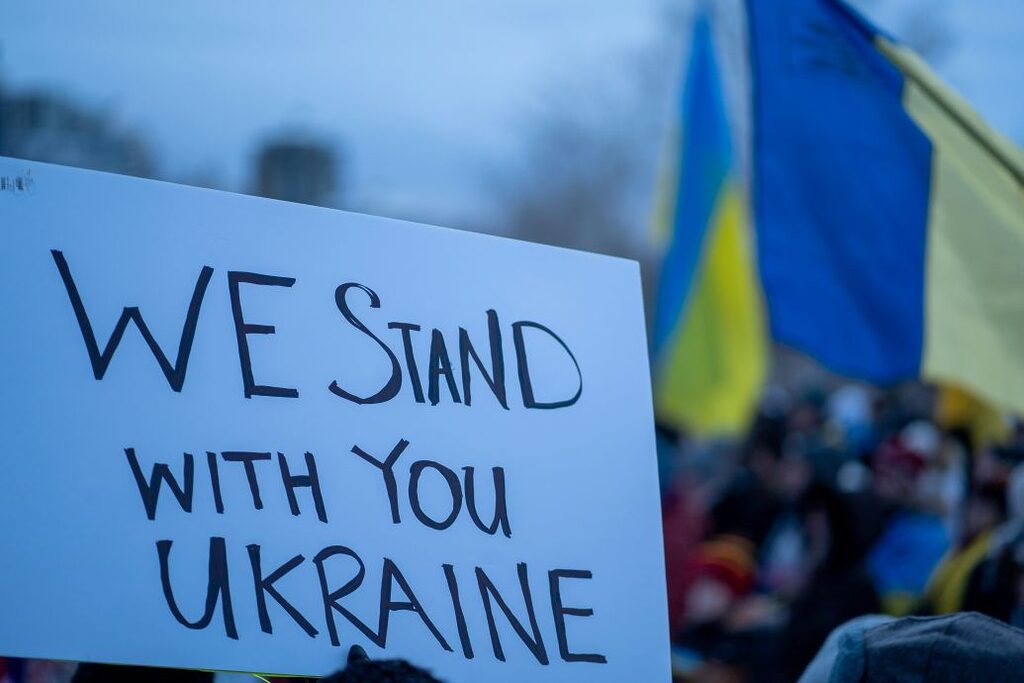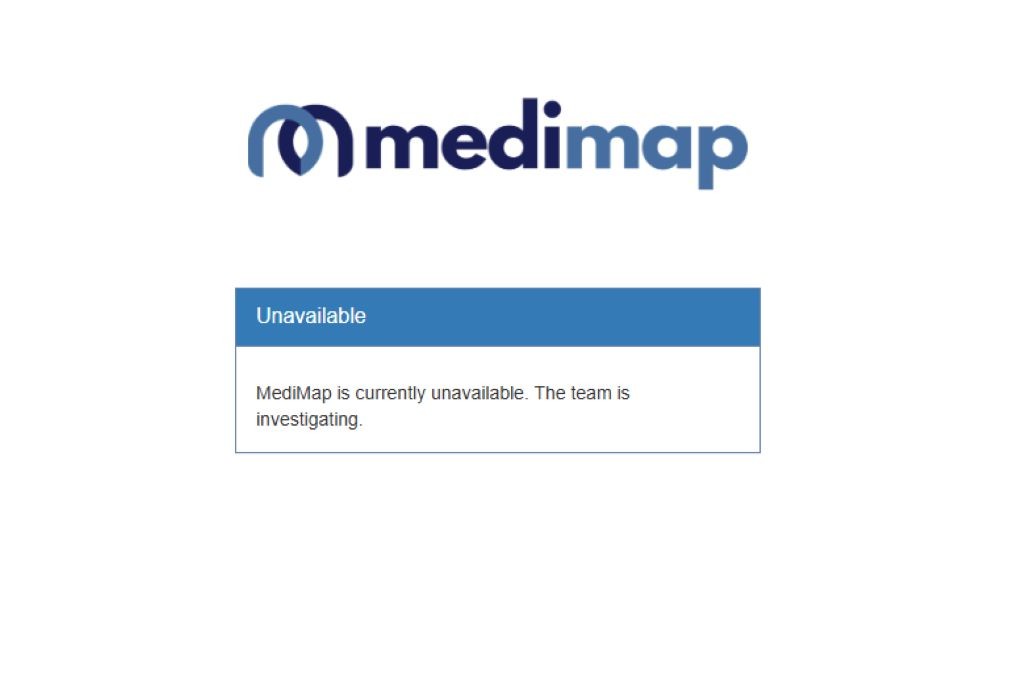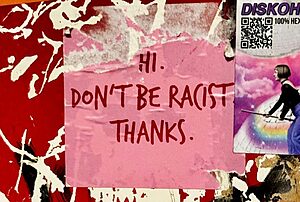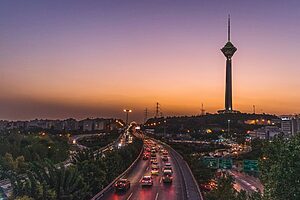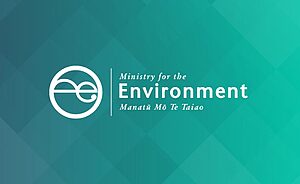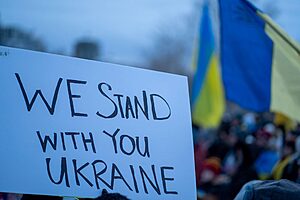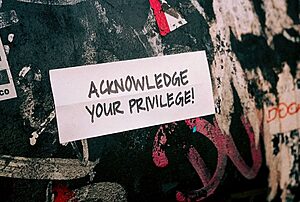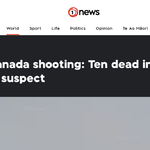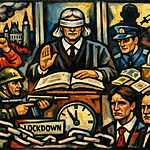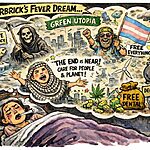In brief
- Media amplification and failure to fact-check Wikitana Popata’s claims the government wants to ‘abolish’ the Treaty may escalate tensions.
- Current media reports conveniently omit Popata’s history of political activism, violence and extreme rhetoric.
- Substantiating information regarding a sensitive topic like the Treaty is central to journalistic integrity.
- The long running charitable Doubtless BayFishing Classic is entangled in the politicised “Treaty War”.
Where are the fact checkers?
There’s a fine line between covering a genuine spontaneous news event, and giving cranks free airtime to advertise what they’d “like” to do if only they had a marketing budget, and for some reason the mainstream media are on the wrong side of that line more often these days.
The media have been quick to fret about an increase in racial tension post-election, but their eagerness to cover threats by members of a Far North iwi to disrupt a fishing competition raises concerns about their own role in escalating racial tensions.
In the lead up to members of the iwi staging a protest that had a minor impact on the competition, Ngāti Kahu member Wikatana Popata told several news outlets that members of the iwi would blockade boat ramps to disrupt the Fishing Classic, a 40-year-old competition held in the Far North’s Doubtless Bay. Popata has concerns the coalition government is attempting to “abolish Te Tiriti.”
It appears Popata is referring to discussions regarding a possible referendum on the Treaty of Waitangi’s so-called Principles, but a critical aspect in this unfolding narrative is the role of fact-checking within the media.


As of now, there has been no government communication about “abolishing” the Treaty of Waitangi. This seems to be a deliberately distorted description about the government even considering anything that could lead to a referendum, not on eliminating the Treaty but on limiting the Treaty “mission creep” by activists.
Also omitted from the current mainstream reporting is Popata’s history of extremism. He was convicted in 2009 of assaulting former Prime Minister John Key at Waitangi. He was then convicted of assault in 2011 in relation to a drunken robbery. He was also a Labour party advisor on race in 2019; another omission in the current reporting.
Is escalation the intended consequence?
Popata was given a platform to call the competition disrespectful, ignorant and racist, adding in his claim that Māori never ceded sovereignty at Waitangi. He was even allowed to air his call to action: “I encourage all Māori to intensify our struggle on all fronts, to remind this New Zealand Government and its community members that Māori have ultimate authority over all our lands and seas.”
The media’s failure to scrutinise any of these statements or provide context regarding Popata’s extremist history seems like a fail to us. Shouldn’t the media put more effort into the back story for this kind of controversial information before disseminating it, particularly on sensitive topics like the Treaty of Waitangi and co-governance?
Simply repeating one activist’s view on issues of race, especially when neither the blockade of the fishing competition nor the claimed “abolition” of the Treaty had happened yet, is not good journalism – it’s throwing gas on the fire.
Questionable support amongst the iwi
There are questions about how much support Popata has for the proposed blockade within his own iwi. Margaret Mutu, a main character in the realm of Māori activism, who is also a chairperson for Ngāti Kahu, is seemingly distancing herself from Popata’s claims. NZ First’s Shane Jones also claims Ngāti Kahu descent and opposed Popata’s blockade of the boat ramps.
Is ACT trying to ‘abolish’ the Treaty?
According to ACT’s David Seymour, his party aims to provide clear definitions for the “principles of the Treaty of Waitangi” through the passage of a Treaty Principles Act in Parliament and a subsequent referendum for confirmation via a nationally held democratic vote.
This idea has gained popularity among voters, with half of those polled expressing support for a referendum on co-governance. It is understandable that activists are concerned about that but much of the media is very clearly taking sides to influence the outcome.
Politicising a non-political event
The competition organiser Nick Ryan says the situation is a “no-win situation” as the charitable event becomes the frontline in a politicised “Treaty war”. Ryan says he has never had a complaint from the local iwi in regards to their involvement with the event.







